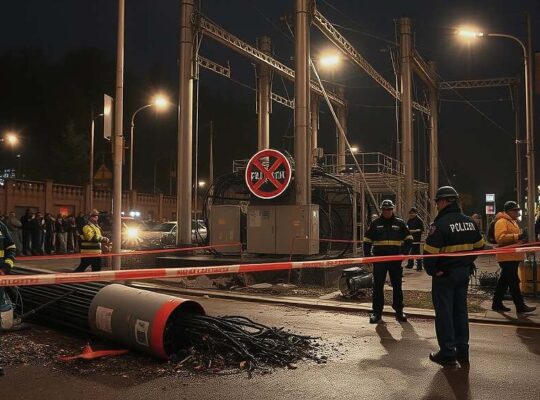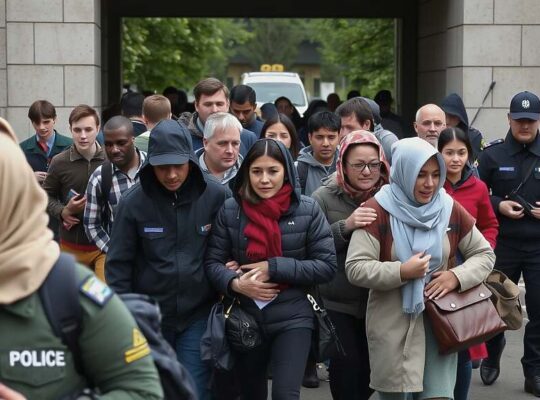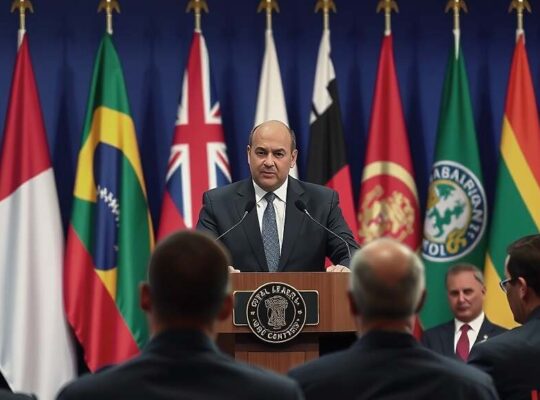The long-promised study examining the root causes of rising youth violence in Germany remains stalled in the planning phase, prompting criticism from opposition groups and raising questions about the government’s commitment to addressing the issue. Initially agreed upon within the coalition treaty between the Christian Democratic Union (CDU) and the Social Democratic Party (SPD), the study’s timeline has been repeatedly delayed due to bureaucratic hurdles and coordination challenges.
According to a spokesperson for the Federal Ministry of Justice, the official commission for the study is currently “in preparation”. This delay stems partly from efforts to avoid duplication with an existing working group established by the Interior Ministers’ Conference, which began its work in 2023 to investigate the increasing rates of juvenile crime. The Ministry asserts the new study’s design will incorporate findings from this existing body, a move seen by some as an excuse for inaction rather than a strategic approach.
The government’s cautious approach stands in stark contrast to proposals recently put forward by the Austrian government, which contemplates “prison-like stays” for young offenders under the age of 14. Responding to these Austrian plans, Justice Minister Stefanie Hubig (SPD) has explicitly rejected any consideration of lowering the age of criminal responsibility. A spokesperson confirmed Hubig’s firm opposition, emphasizing the perception that such measures would be counterproductive and that existing mechanisms for intervention with young offenders are already in place.
Critics, however, argue that these existing measures are demonstrably insufficient, pointing to a concerning surge in violent incidents involving young people. The delay in launching the comprehensive study fuels anxieties that the government lacks a concrete plan to tackle this complex problem or is hesitant to confront uncomfortable underlying social and economic factors contributing to juvenile crime. The lack of urgency in addressing the issue is becoming a significant point of political contention.












